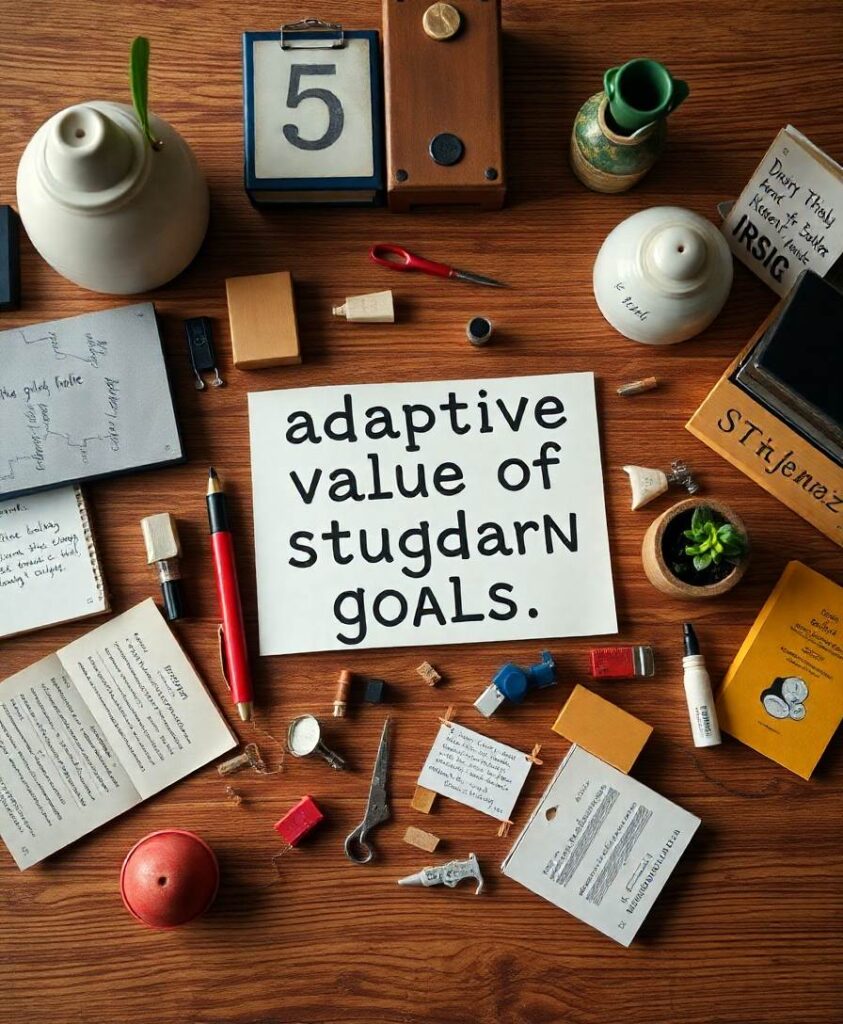Feeling the gentle weight of a small animal in your hand, you might notice how its eyes dart around, seemingly pondering its surroundings. You wonder if its quick glances and tiny pauses are just instinct or something more—perhaps signs of a complex mind working in ways that don’t fit neatly into its everyday life. It’s in these quiet moments of observation that the question arises: what can we learn about animal intelligence when we step outside their natural environments and design experiments that seem disconnected from their usual routines?
Many of us who care about animal cognition have grown accustomed to studies rooted in a species’ ecology—testing how a bird finds food or how a primate navigates social hierarchies. These investigations are vital, shining light on how animals solve problems they face daily. But there’s a growing appreciation for the value of experiments that seem to have no clear ecological application—tests that explore cognitive abilities in artificial settings, seemingly disconnected from the animal’s everyday life. These are what researchers call “ecologically irrelevant” cognitive experiments, and they open a fascinating window into the mind’s potential beyond survival.
Why do some animal cognition studies seem disconnected from real life?
When a researcher designs an experiment that asks a bird to solve a puzzle with objects never encountered in its natural habitat, it might feel like a detour from understanding the bird’s true world. Yet, these experiments can reveal the underlying mental tools animals have—such as memory, problem-solving, or even abstract reasoning—that might not be apparent in their daily routines. They challenge us to consider whether an animal’s cognitive skills are strictly shaped by ecological demands or if they possess latent abilities that are simply waiting to be uncovered in the right context.
For example, testing whether an animal can understand symbolic representations or navigate abstract tasks can illuminate cognitive capacities that are rarely, if ever, used in the wild. These studies push the boundaries of what we think animals are capable of, suggesting that their minds might be more flexible and inventive than their everyday behaviors reveal. They also help us understand the evolution of cognition—are these skills unique adaptations or byproducts of more general mental faculties?
Is there real value in studying animal cognition in non-natural contexts?
Some might argue that such experiments are pointless or even misleading, because they don’t reflect what animals do in nature. But the truth is, exploring cognitive abilities in artificial settings can uncover hidden layers of intelligence, offering insights into how animals think, learn, and adapt. These experiments can serve as a kind of mental “stress test,” revealing capabilities that remain dormant in natural conditions but could be crucial if environmental circumstances change.

Taking a step back, this approach reminds us that our understanding of animal intelligence shouldn’t be limited to what is ecologically relevant—because humans, too, excel at tasks disconnected from our daily survival. Studying animals in these broader contexts can challenge assumptions, inspire new hypotheses, and ultimately enrich our appreciation for the diversity and depth of animal minds.
Balancing the natural and the abstract in animal cognition research
In the end, the debate isn’t about choosing between ecological relevance and irrelevance but recognizing that both have a role. Just as a well-rounded person benefits from understanding their roots and their dreams, animals can be studied through lenses that explore both their natural adaptations and their potential for abstract thinking. Embracing this dual approach can lead to a richer, more nuanced picture of animal cognition—one that celebrates their innate skills while also appreciating their capacity for surprising flexibility.
By opening ourselves to experiments that seem detached from an animal’s everyday life, we invite a broader understanding of what it means to think and learn. These investigations can reveal that the boundaries of animal intelligence are more fluid and expansive than we have traditionally assumed, encouraging us to see animals not just as creatures of their ecology but as beings capable of intricate mental feats that transcend their natural routines.
Learn More: The value of ecologically irrelevant animal cognition research
Abstract: Animal cognition research is often firmly grounded in the ecology and life history of the species. However, there are many studies exploring cognitive tasks that appear ecologically irrelevant. Ecologically irrelevant experiments are cognitive tests lacking clear ecological context in their inspiration, design, and applications. Here, I explore the case for and against ecologically irrelevant cognitive research. I discuss the challenges associated with defining and conducting ecologically irrelevant cognitive research and provide potential solutions for tackling these issues. I pose the question of whether any animal cognition research can be considered completely ecologically irrelevant. My goal is to argue that there is a place for both ecological relevance and irrelevance in the study of animal cognition.
Link: Read Full Article (External Site)


